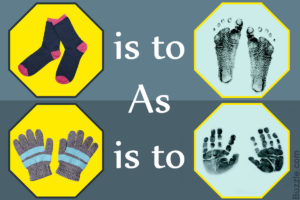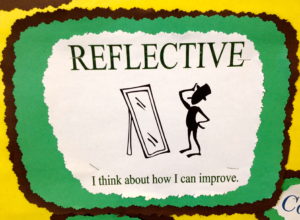Along with passing along insights I’m learning from reading Jonathan Edwards’s early sermons, I’m also highlighting Carrell’s findings from surveying hundreds of sermon-hearers. Her book, Preaching That Matters: Reflexive Practices for Transforming Sermons, has helped me think about churchgoers hear sermons.
For instance, chapter 4 (Exegeting, then Organizing) listed poor sermon organization as the number one “listener-identified characteristic” (p. 72). I discussed our tendency to ramble several posts ago.
In light of my experience listening to masters and doctoral student sermons, Carrell’s next observation didn’t surprise me. When you hear it, hopefully you will think: “Well, duh!”
She writes, “Listeners also describe disorganized sermons as those without clear connections to Scripture, even though preachers who are perceived as disorganized often claim to be structuring content in a way that is especially biblical” (p. 73, emphasis added).
And, as noted above, my experience listening confirms this. I am often reminding preachers-in-training to keep us connected to the text during their sermons. Several minutes go by without directing our attention to verse ___.
You and I can help our listeners by keeping them connected to the Scripture being expounded. And, according to Carrell’s findings, our listeners will consider this a part of effective organization.
You might think that simply doing good exegesis will alleviate the problem of losing connection with Scripture. But, think for a moment about how many minutes can go by in a sermon while you explain the finer points of exegesis. The sheer volume of words contained in those minutes can create a disconnect from the very Text you’re explaining.
So, before Sunday, as you’re preparing your notes–you are manuscripting, right?–keep reminding yourself of the need to remind your listeners where you are in the Text.
And may our Lord receive glory in the church and in Christ Jesus (Ephesians 3:21) because of your efforts to exegete and organize.
Randal











